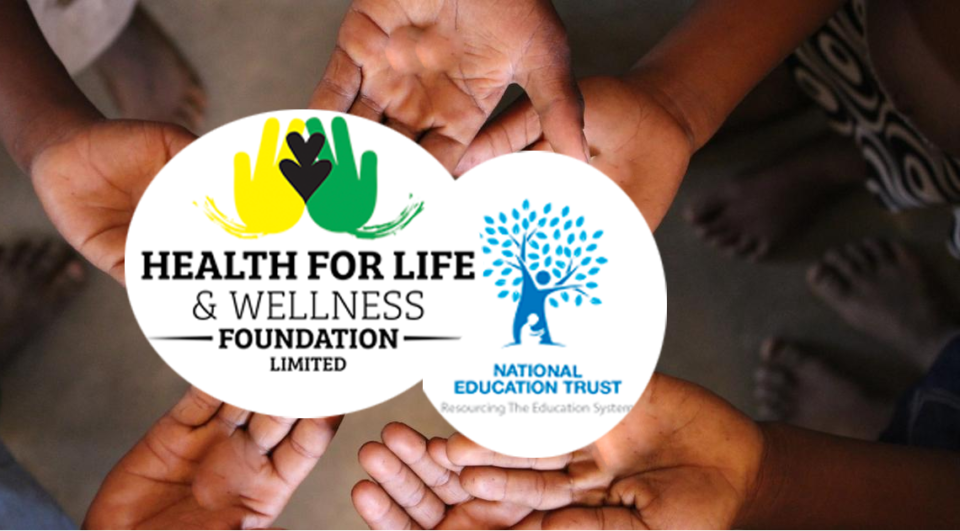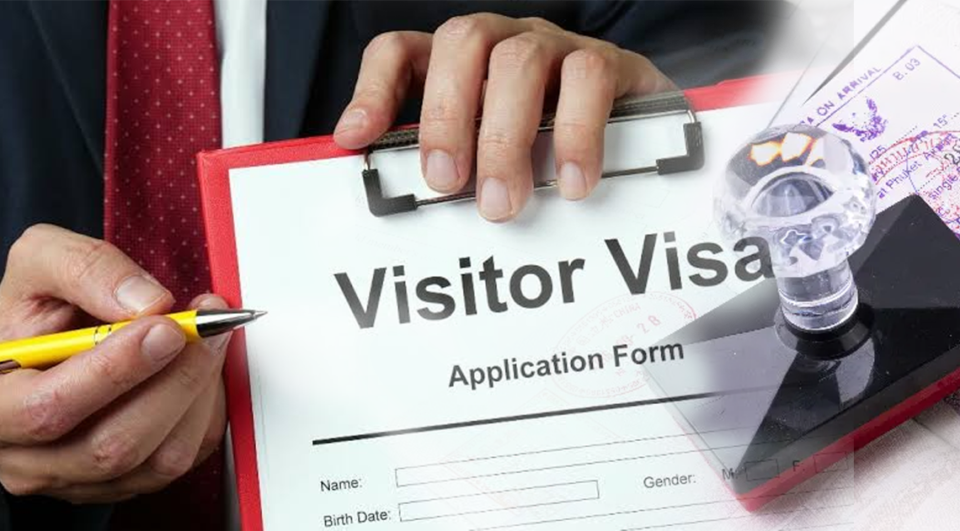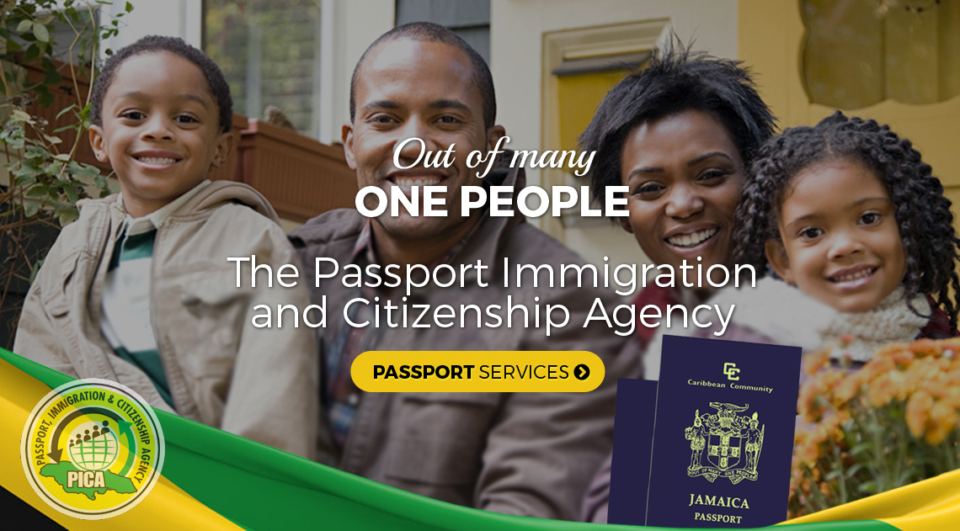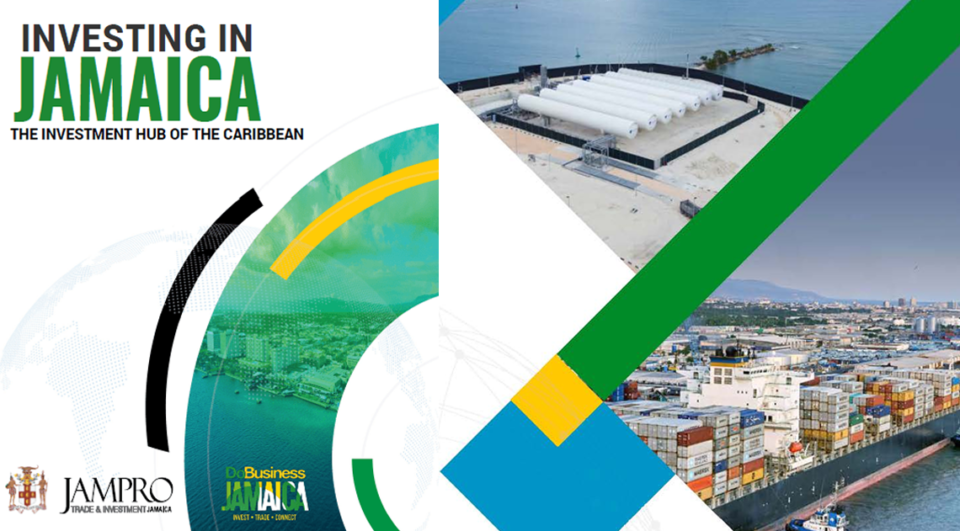[et_pb_section admin_label=”section”][et_pb_row admin_label=”row”][et_pb_column type=”2_3″][et_pb_text admin_label=”Text”]
Bananas
Jamaica, as an ACP banana exporting country, benefited from a preferential market access system to the EU under the Banana Protocol of the Lomé Conventions and the Cotonou Agreement. The ACP quota of 750,000 tonnes was exported to the EU duty-free. Other non-ACP banana exporters faced high tariff rates.
The EC’s banana regime was changed as a result of the nearly decade-long (1993 – 2001) dispute in the GATT/WTO brought by Latin American banana producers against the European Communities, citing discriminatory practices.
Resulting from the decisions of the WTO banana panels and the 2001 WTO Ministerial Conference in Doha, Qatar, the EC was required to move to a tariff-only regime in 2006, thus fully liberalising the EU market for bananas.
In 2004, the EU announced that 1st January 2006 would usher in a new Banana Regime, the provisions of which would include the elimination of the current quota and licensing system, in favour of a more transparent, tariff only regime.
Within this new system, ACP banana producers would be allowed duty-free access for 775,000 tonnes of bananas into the EU, while bananas from Latin American producers in excess of 2.3 million tonnes would attract a tariff.
WTO Arbitration Panel Rulings on Bananas. The provisions of the 2001 Understanding reached between the EU and the United States on bananas requires that any new European Commission (EC) tariff re-binding implemented as of 2006 must “result in at least maintaining total market access for MFN banana suppliers”. The 2001 Understanding also provided for two rounds of arbitration, which would determine whether the newly proposed tariff-only regime met the conditions of the Doha Waiver Agreement.
In August 2005, the WTO Arbitration Panel ruled that the EC´s proposed rebinding on bananas would not conform to the EC´s WTO market access commitments and would therefore have to be revised.
Following the initial ruling, the EC triggered a second arbitration by submitting a revised tariff of 187 Euros per tonne and a 775,000 metric tonne tariff-free quota on ACP bananas. The Arbitrator, in issuing a second ruling on October 19, again found that the EC´s proposed rectification would not result in at least maintaining total market access for MFN banana suppliers, taking into account all EC WTO market access commitments relating to bananas.
Recent Developments in the EC Banana Regime Within the context of the series of dispute settlement challenges to its banana import regime, and in the context of the on-going WTO Doha Round of multilateral trade negotiations, the EU, ACP and the MFN banana suppliers finalized an Agreement to reduce the EU’s import tariff on bananas (The Geneva Agreement on Trade in Bananas) on December 15, 2009. The Agreement entails a reduction of the tariff from €176/tonne to €114/tonne by 2017.
The EU had initially proposed an amount of €190-200 million to assist ACP banana suppliers in the adjustment phase of the new banana regime through the Banana Accompanying Measures (BAM). The BAM is intended to assist countries to adjust to new market conditions resulting from liberalization in the trade in bananas and will be a one-off measure intended to be implemented over a four-year period from 2010 to 2013.
The EU had projected that it would have begun committing funds before the end of 2010 however this target has not been met. The requisite legislative procedures to allow the full implementation of the BAM were delayed due to internal challenges within the EU vis a vis the Council and the Parliament as it relates to the sourcing of the designated amount of €190m. On 1 December 2011, the EU Council and the European Parliament finally reached an agreement on the legal matter, which had stalled the approval of the BAM for nearly two years within the EU.
Jamaica is one of the 10 ACP countries slated to benefit under the BAM. The Ministry of Agriculture and Fisheries had outlined initial proposals for adjustment in the banana industry that would cost approximately €10 million. This figure has since been revised upwards to €78 million; €16 million for the first three years, 2010-2013.
The targeted areas would include; i) rural diversification, ii) infrastructure development and iii) technology transfer and direct transfers to farmers. It was decided that a Country Adaptive Strategy Document would be developed for the banana industry. This would enable the Ministry of Agriculture and Fisheries and stakeholders to arrive at a realistic figure for Jamaica’s compensation under the BAM.
In mid-December 2009, the final version of the Country Strategy Document was approved by Cabinet and submitted to the EU. Since the final approval of the BAM, the Ministry of Agriculture and Fisheries, in collaboration with the banana industry stakeholders and the PIOJ, have prepared a revised BAM Multi-Annual Support Strategy (MSS), in keeping with the Country Support Strategy for the Banana Industry. This was submitted to the EU Delegation, in Jamaica, on 12 March 2012, for transmission to the European Commission in Brussels.
[/et_pb_text][/et_pb_column][et_pb_column type=”1_3″][et_pb_sidebar admin_label=”Sidebar” orientation=”right” area=”sidebar-1″ background_layout=”light” remove_border=”off” /][/et_pb_column][/et_pb_row][/et_pb_section]





